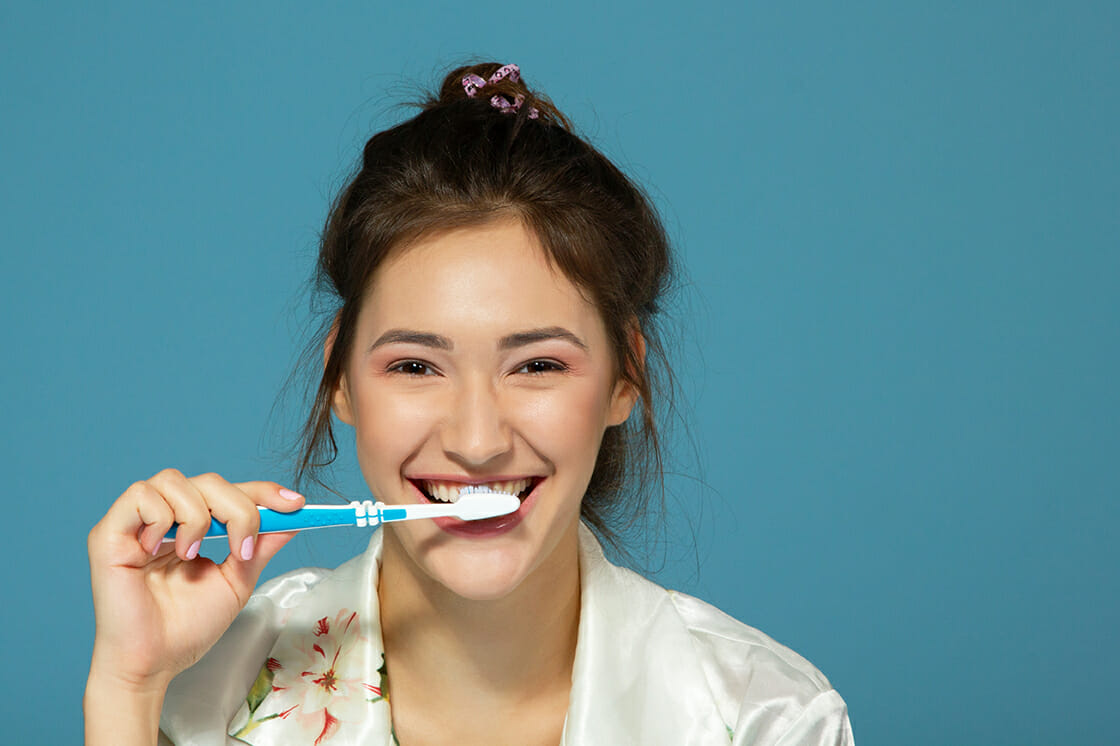
The best way to maintain optimum oral health is to visit Dr. Mays and her dedicated team in Cincinnati twice each year for a prophylaxis appointment, which is a fancy way of saying a dental cleaning and exam appointment. These appointments are crucial to removing tartar that brushing and flossing alone cannot remove. Your mouth will thank you for it!
What will my first appointment be like?
Your first hygiene appointment with Dr. Mays will last approximately two hours, allowing plenty of time for Dr. Mays and her staff to evaluate the current health of your teeth, mouth, and jaw, and to identify any potential future problems that might arise. During this appointment, Dr. Mays will complete digital X-rays, a periodontal exam, charting of your existing restorations, an intra-oral photo tour of your mouth, cleaning and flossing, fluoride treatment (if necessary), an oral cancer screening using the VELScope, an orthodontic evaluation, and a consultation with Dr. Mays. Dr. Mays cares about the whole health of her patients. She works hard to ensure that each and every patient receives the best dental care possible.
Why is dental hygiene important?
Daily dental hygiene is the first step to overall dental care. Brushing and flossing help wash away food particles that could cause damage. Proper dental and oral hygiene helps to prevent cavities, gingivitis, tooth decay, periodontal disease, plaque and tartar buildup, and bad breath. When you perform this vital step on a consistent daily basis, you will spend less time in the dental chair because your hygienist will spend less effort trying to remove tartar from between your teeth and gums.
How often should I go to the dentist for a cleaning?
You should visit the dentist every six months for regular cleanings and exams. This allows Dr. Mays to keep an eye on your dental health, and catch any potential issues before they advance into more serious dental hygiene issues.
What do I need to do for ideal dental hygiene?
Daily brushing and flossing are important to your overall oral hygiene. Diligent and careful brushing removes plaque, a colorless mass of bacteria, from the teeth. Removal of plaque through brushing ensures that the bacteria do not continue to grow, causing damage to your teeth. However, brushing too hard can cause tooth sensitivity or damage to your gums, so you should be cautious when brushing. Flossing is another important way to keep your teeth and mouth clean. Brushing is great, but it only reaches the surfaces of your teeth.
Flossing uses a thin cord to reach between your teeth, getting rid of leftover food particles and plaque. This is important because if the food debris is not removed, it sits against your teeth and decays over time, which often causes the tooth to decay as well, potentially resulting in a cavity.
Finally, the last major pillar of dental hygiene is regular cleanings and exams completed by your hygienist and dentist. Some buildup on your teeth and gums cannot be removed by a traditional toothbrush and floss. The dental hygienist can remove more long term buildup of things like tartar. Dr. Mays will also be able to evaluate your overall dental health during your exam, which will help identify any current or potential issues that need attention.
